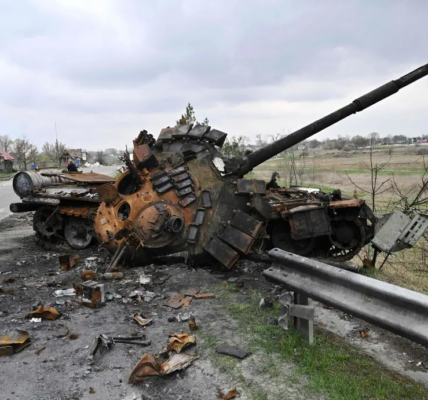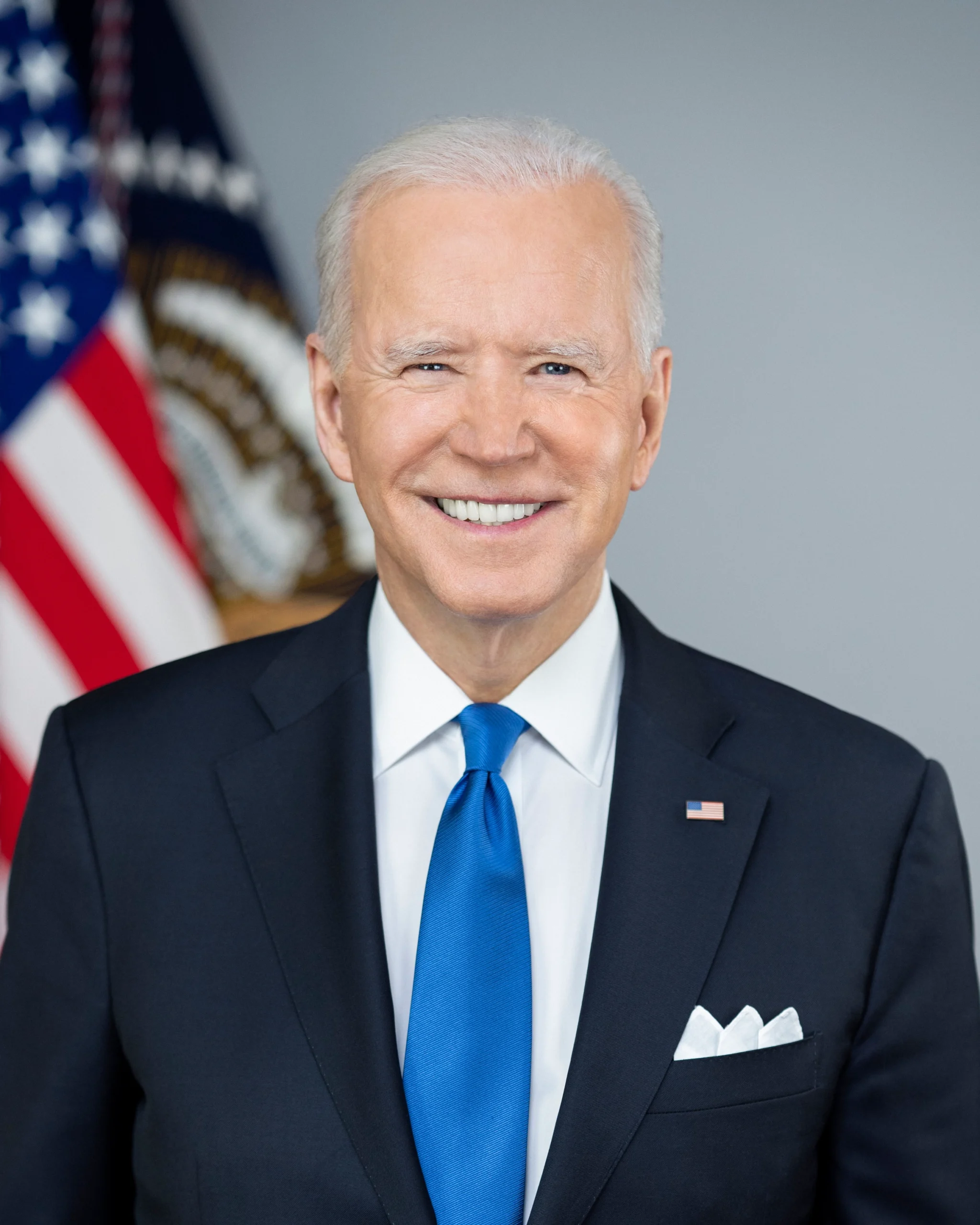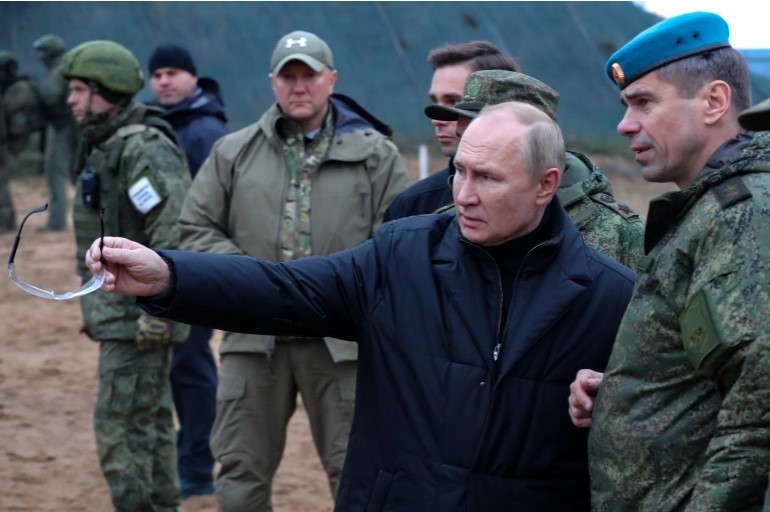China’s Uranium Quest and Russian Nuclear Dependency: A Growing Concern for Western National Security
The global race for Uranium concentrate, commonly referred to as U308 has skyrocketed to an unprecedented 15-year high catapulting governments into a desperate bid to secure sources of fuel for power stations.
According to André Liebenberg, the CEO of Yellow Cake plc, a London-listed investment entity for uranium, China is aggressively ramping up its efforts to secure a uranium stockpile, amidst a worldwide shortage of fuel.
Liebenberg cautioned that the West is failing to keep pace in securing uranium, especially as prices soar to a 15-year high, with Chinese companies actively acquiring supplies through open market purchases, long-term contracts, and mine acquisitions.
“Any mineral they need, they will look to tie up,” said Liebenberg. “Chinese efforts to secure supply will certainly create competition for resources, and given resource opportunities are limited, they will challenge western utilities’ ability to source supply.”
Uranium has emerged as one of the top-performing commodities this year, climbing 70% to trade at $81 per pound, its highest since 2007.
This remarkable surge is attributed to governments endorsing nuclear energy, a consistent and low-carbon power source. Governments are extending the lifespan of existing plants and contemplating the construction of new reactors, especially in response to last year’s dramatic rise in gas prices.
At the recent COP28 climate conference in Dubai, 22 world leaders pledged their commitment to tripling global nuclear capacity by 2050 compared to levels in 2020. This announcement has further fuelled positive sentiment in an already dynamic market with Liebenberg expressing optimism about the price potentially surpassing $100 per pound next year.
The price rise for the commodity has boosted Yellow Cake significantly, which was formed in 2018 to arm investors with the opportunity to gain exposure and insight into the underlying uranium price through investing in Yellowcake’s share price.
Following a decade of insufficient investment in new production and a surplus in supply following the global reduction in atomic power in the wake of the 2011 Fukushima nuclear power station disaster, uranium prices have returned to growth.
Yellow Cake holds a 10-year supply agreement with Kazatomprom, the world’s largest uranium producer, to buy $100 million worth of the mineral annually. The company then stores it in facilities in Canada and France. Currently, Yellow Cake holds around 20% of the world’s annual uranium supply.
Reflecting the spike in uranium prices, Yellow Cake’s shares have surged by 54% this year, bringing its market capitalisation to a total of £1.3 billion. Last week, the company reported a net asset value increase from $1 billion in March to $1.8 billion as of early December.
To capitalise on this, the company will either need to sell its uranium holdings at a higher price than its acquisition cost or undergo acquisition by a utility in need of supply.
China, the second-largest global producer of nuclear power, is responsible for nearly half of the reactors currently under construction worldwide.
“The Chinese are running around looking for new supply,” Liebenberg said. “If they want to meet their nuclear plans by the end of the decade, then they will need new pounds.”

Beijing aspires for self-sufficiency in nuclear fuel and produces one-third of its uranium supply domestically, securing another third via investment in foreign mines, and buying the remainder on the market.
China National Uranium Corporation and a subsidiary of CGN (China General Nuclear Power Group) have acquired equity in mines across Niger, Namibia, and Kazakhstan. Concurrently, CNUC is constructing a warehouse in Xinjiang, adjacent to the Kazakh border, with plans to establish a significant uranium trading hub.
Exacerbating the situation is the West’s heavy reliance on Russia, which controls nearly 50% of global uranium-enrichment capacity and is the sixth largest uranium provider. Although it would be risky for Russia to withhold nuclear fuel supplies from the West, given its need to establish a stronghold on reactor construction globally, if it were to cut off supplies, then utilities would face severe disruption in the five years that it would take to build a supply chain independent of Moscow.




















































































































































































































































































